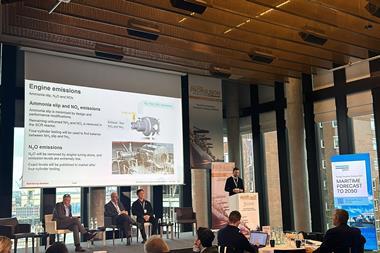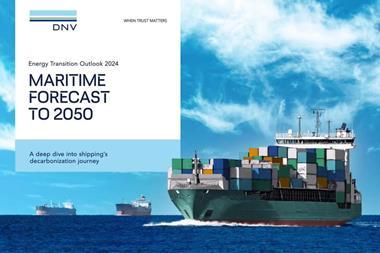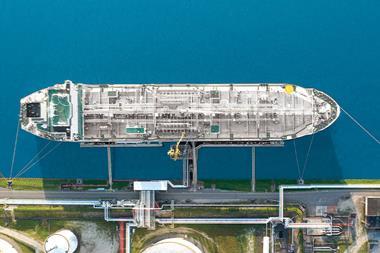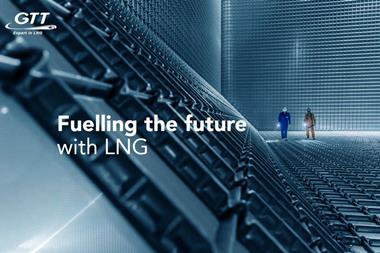
Introduction
The transportation sector will need to replace its current mix of fossil energy sources with alternative fuels and technologies to ensure compliance with global climate targets. While the passenger vehicle segment can be extensively battery-electrified, maritime applications present a more complex range of challenges. Lengthy travel times, high power output demands, and tradeoffs with cargo storage space necessitate energy-dense fuels for most vessel classes. Some of the options currently being explored include hydrogen, methanol, marine biofuels, and ammonia.
Ammonia has been used for over a century as a key chemical input for synthetic fertilizer production. However, it could also provide a more energy-dense alternative to liquid hydrogen or battery electrification for the shipping industry. Additionally, when compared with many biomass-derived fuels, ammonia offers greater potential for scalability and lifecycle emissions reduction. Adoption will be assisted by progress in clean ammonia production pathways and by technological advances in ammonia-fueled power systems.
This white paper has been commissioned by Amogy, an ammonia-to-power technology provider. It explains how ammonia can be produced at very low carbon intensities, why it is increasingly viewed as the key zero carbon energy carrier needed to unlock net-zero, and how it compares with alternative marine fuels. The report also provides an overview of specific applications for ammonia-to-power systems within the maritime sector and beyond.
Download ”Ammonia as an Essential Energy Carrier for the Energy Transition” here






